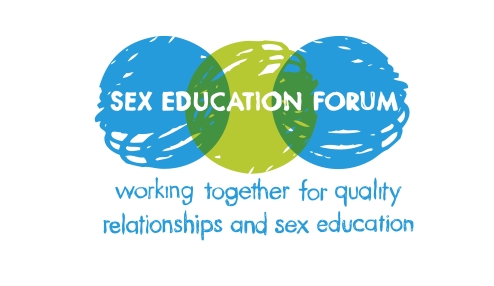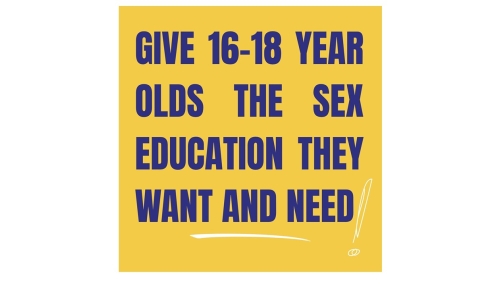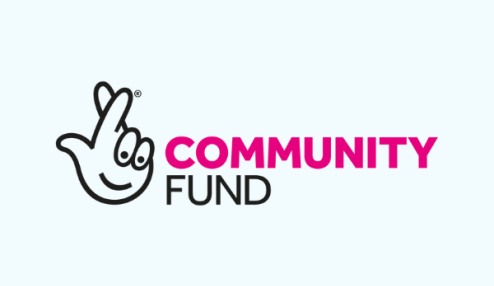30 March 2022
Today sees the launch of the Start Talking guide, which has been produced through a partnership between The Fostering Network and Sex Education Forum. The guide aims to support foster carers with the knowledge, skills and confidence to support the children and young people they care for with relationships and sex education (RSE) and with improved sexual and reproductive health. The guide was informed by a series of focus groups with foster carers and care experienced young people, with thanks to the DHSC National Reproductive Health, Sexual Health and HIV Innovation Fund.
As conversation began flowing with the foster carers involved in the Start Talking project it quickly became apparent that open and honest discussion about relationships and sex was important to support children in their care and would result in young people being more informed and confident, resulting in better health and wellbeing.
Many of the care experienced young people involved in the project described how they had received little or no relationships and sex education and had often relied on educating themselves or asking siblings to fill in the gaps. They felt that greater openness from foster carers would have made a big difference to them, and they pooled their ideas about how to reframe their negative experiences as more healthy approaches to relationships and sex education.
The guide covers a range of practical issues, from puberty, periods and body hair, to relationships, sex, pornography, young people with learning disabilities and LGBTQ+ and gender identities.
“I started my period during my second day in foster care. I wasn’t ready to talk about it with them but there should have been products in the house for me to use and there wasn’t.” (Young person)
“My foster carers had a really loving relationship and a healthy and happy marriage and I had never seen what that looked like before. It gave me something to aspire to.” (Young person)
The guide conveys a ‘can do’ message from young people, and is steeped in practical tips and advice from foster carers. It gives a clear message that openness is key and that it is possible to signal this from the first day of a foster care placement.
The foster carers involved in the Start Talking project felt it was vital to use correct terminology, for example for body parts, and to ask a young person about their views about what they know and want to know. Each thematic section in the Start Talking guide includes links to further resources.
Those involved with the Start Talking project recognized that some aspects of relationships and sex education will be awkward and uncomfortable at times, and urged for a more consistent approach from the agencies which support foster carers, calling for mandatory training to be provided for all foster carers and for RSE policies to be more visible.
There is also scope for the Fostering National Minimum Standards to provide clear expectations about RSE. Regulatory bodies such as Ofsted, it was felt, could be looking for a proactive approach to meeting young people’s RSE needs in foster care and should be building this into their service inspections. Care experienced young people called for funding so that all foster carers could have up-to-date RSE training and for this to be available for parents, aunties, uncles as well as foster carers.
The Start Talking guide is literally that, a start to opening a new conversation about how to ensure that every child in foster care receives high quality RSE. The need is stark. Young people have said that they would like more RSE from their parents than they tend to receive. Care experienced and young people in foster care are much less likely to receive meaningful RSE from their parents or carers than children living with their family of origin (Mezey, 2015). They are also more likely to miss out on curriculum-based RSE (Mezey, 2015). In general, care experienced and young people in foster care are sexually active at a younger age (Mezey, 2015), and are around three times more likely to be mothers by the age of 18.
Further information
The Start Talking Guide can be downloaded here. A series of Start Talking podcasts will also be available from The Fostering Network.
References
Mezey, et al (2015), Developing and piloting a peer mentoring intervention to reduce teenage pregnancy in looked-after children and care leavers




Share